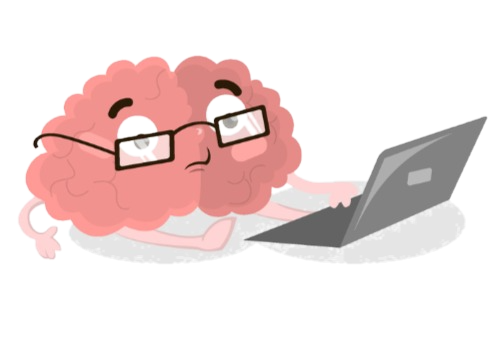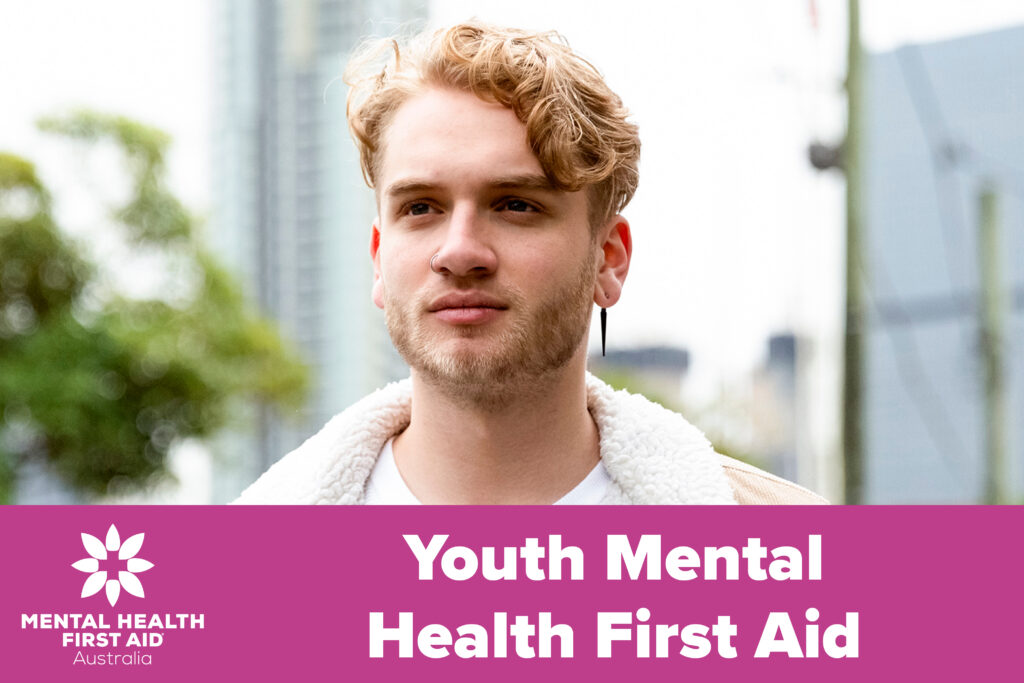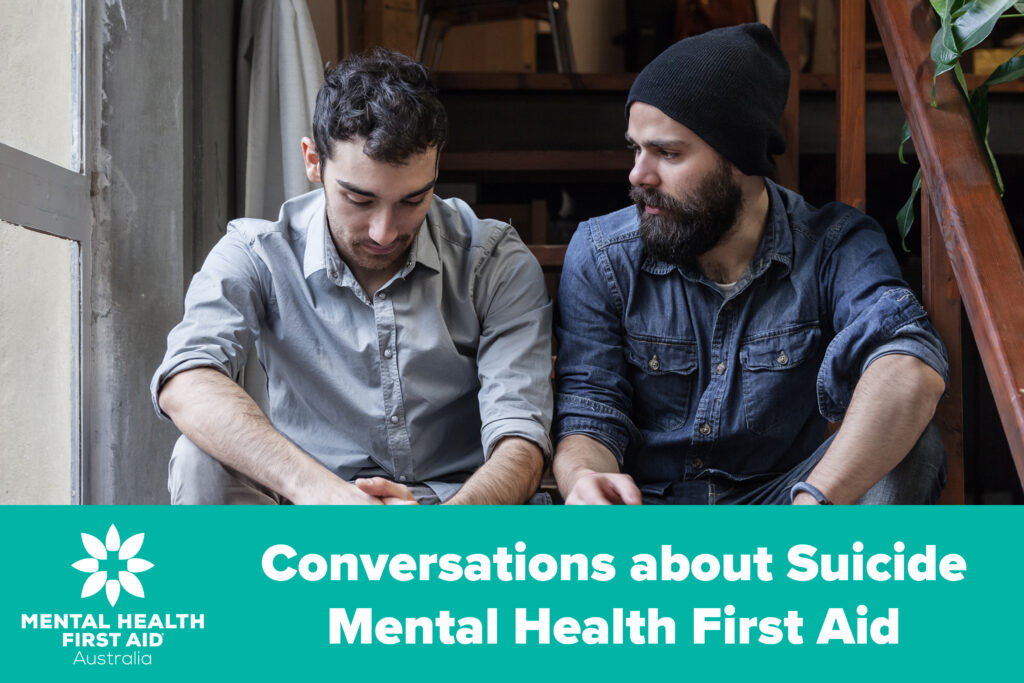Variety of courses which are suitable for health professionals, community, workplaces and families, along with different modes of delivery to suit.
Private community and workplace courses available – please get in touch with our education team to discuss: education@thrivinginmotion.org
100% profits from education courses support exercise programs for young people.


The Standard Mental Health First Aid course is a comprehensive 12-hour training designed for adults seeking to support individuals facing mental health challenges.
This evidence-based programme equips participants with the skills to assist those developing mental health problems or experiencing a crisis until professional help is available or the situation stabilises.
The course covers common mental health issues such as depression, anxiety disorders, psychosis, and substance use problems. Participants will learn to recognise symptoms and provide initial assistance in crisis situations, including suicidal thoughts and behaviours, non-suicidal self-injury, panic attacks, traumatic events, severe effects of drug or alcohol use, severe psychotic states, and aggressive behaviours. By completing this training, individuals will enhance their mental health literacy, increase confidence in providing support, and reduce stigmatising attitudes.
The course is suitable for various settings, including community groups, workplaces, and educational institutions. Upon completion, participants receive a certificate and have the option to become accredited Mental Health First Aiders.
This accreditation is valid for three years, with refresher courses available to maintain and update skills. Enrolling in the Standard Mental Health First Aid course empowers individuals to make a positive impact on their communities by providing essential support to those in need.
Developing mental health problems covered are:
Mental health crisis situations covered are:
Course variations including community, workplace, and tertiary.
Upcoming Dates:
Courses delivered in partnership with Exercise + Sport Science Australia (ESSA).
Online – bookings via ESSA:
Face-to-face (Perth, WA):
Cost:

The 14-hour Youth Mental Health First Aid course is designed for adults who work, live, or care for adolescents aged 12-18. This comprehensive training equips participants with the skills to assist young people developing mental health issues or experiencing crises until professional help is available or the situation stabilises.
The course covers common mental health challenges among youth, including depression, anxiety disorders, psychosis, substance use problems, and eating disorders. Participants will learn to recognise the warning signs and provide initial assistance in crisis situations such as suicidal thoughts and behaviours, non-suicidal self-injury, panic attacks, traumatic events, severe effects of drug or alcohol use, severe psychotic states, and aggressive behaviours.
The training is beneficial for school staff, parents, sports coaches, community group leaders, and youth workers. It is based on guidelines developed through the expert consensus of individuals with lived experience of mental health problems and professionals.
The course can be delivered in various formats: face-to-face over two days, online with pre-learning and live online workshops, or a blended approach combining online pre-learning with in-person workshops. By completing this course, participants will enhance their mental health literacy, increase confidence in providing support, and contribute to the well-being of adolescents in their communities.
Enrolling in the Youth Mental Health First Aid course empowers adults to make a positive impact by providing essential support to young people in need.
Developing mental health problems covered are:
Mental health crisis situations covered are:
14 hours course can be delivered various ways:
Upcoming Dates (*All times in AWST):
Online – bookings via ESSA:
Cost:

The 4-hour Conversations About Suicide Course is designed to equip individuals with the skills to identify and support those experiencing suicidal thoughts and behaviours. Based on guidelines developed through expert consensus, this training offers a practical, evidence-based action plan to assist individuals in crisis until professional help is available or the situation stabilises.
Key topics covered include:
Participants will have the opportunity to practise these new skills in a safe environment, enhancing their confidence and competence. This course is suitable for anyone interested in learning how to effectively intervene and provide support to individuals at risk of suicide.
By completing this training, participants will be better prepared to recognise the signs of suicidal ideation, engage in supportive conversations, and guide individuals towards the help they need. This proactive approach not only aids in immediate crisis situations but also contributes to long-term suicide prevention efforts within communities.
Investing time in this course can make a significant difference in someone’s life, providing them with the support and resources necessary during critical moments. Empower yourself with the knowledge and skills to act confidently and compassionately when it matters most.
Thriving acknowledges all Aboriginal and Torres Strait Islander Traditional Custodians of Country and recognises their continuing connection to land, sea, culture and community. We pay our respects to Elders past, present and emerging.
Thriving is committed to embracing diversity and eliminating all forms of discrimination through education and inclusive communities. We welcome all people and are respectful of individual identities.
Notifications